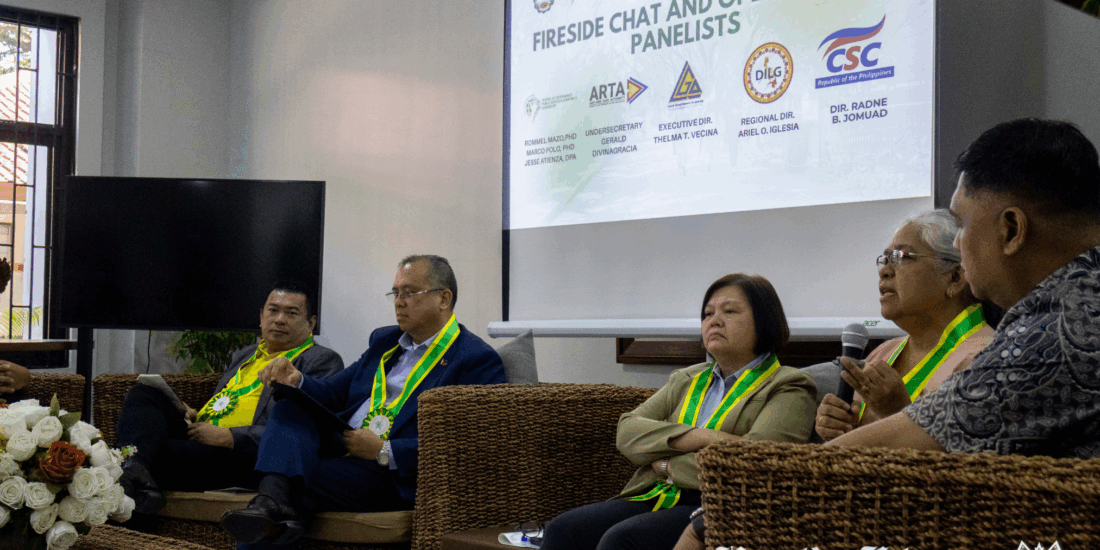(Re)educate yourself
I used to compare DLSU-D with other well-known universities; you know the ones with flashier campuses, louder sports teams, and gleaming exposure. It’s easy to believe DLSU-D pales in comparison when other universities seem to have all the best qualities on the surface. But it’s never about the name your education brandishes, but the kind of education you bring along with you anywhere you go.
We all know that learning doesn’t only happen within the class time constraint, as the real world is more than ready to give us a taste of reality. Yet that doesn’t mean we should fail to face what’s happening inside the four walls of all classrooms—the product of the education system in the country. With the 1987 Philippine Constitution stating that education should receive the highest national funds from the government and with the Department of Education receiving the highest chunk of the national budget this year with P567B, we should be more comfortable talking about our country’s education system by now—as both students and Filipino citizens—regardless of the private status of our institution.
A recent survey according to the National Union of Students in the Philippines states that 700,000 to 1 million junior high school students either have to switch to a private institution for senior high or drop out entirely just to succumb to the needs of the K-12 curriculum—which not all Filipinos can do. Meanwhile, according to philstar.com, there have over been 400,000 junior high school completers dropping out of school since 2016. Private institutions like ours don’t have a space in a normal Filipinos family’s budget, and so the choice—or rather, the lack of it—is obvious.
Speak in behalf of those who don’t know they’re being silenced.
We must not just be aware, but we must internalize that the world is so much bigger than the confines of our university. For others, there is no internal conflict involved simply because they aren’t aware of their choices in the first place. Though we can travel in and out of the country at our leisure, some are being trained by our government as export products to fulfill the need of the international work industry—the docile workforce the K to 12 system aims for. Though they are noble professions, the masses should have more career choices than the automatic nurse, caretakers, and maids. And though we can sit and grump about how other universities are flashier than ours, some are contemplating whether to pursue their education or not when education is not a privilege, but a right.
The education system in the Philippines is a question mark that many don’t think needs to be answered. As Lasallian students receiving top-notch education, it is our duty to turn the questions marks into exclamation points. That means focusing on what others’ stomachs are rumbling for, rather than what our plates are “lacking”.
Open the dialogue regarding the lack of proper education that many Filipinos are accepting, fight for those who don’t think they can, speak in behalf of those who don’t know they’re being silenced. It’s easy to complain and compare when we have no idea what it is like beyond our horizons, beyond our city, beyond Cavite, beyond the University belt.
DLSU-D was built on a resettlement area 30-odd years ago. We are here because they used to be. We were in a position of power—and don’t forget, we still are.




